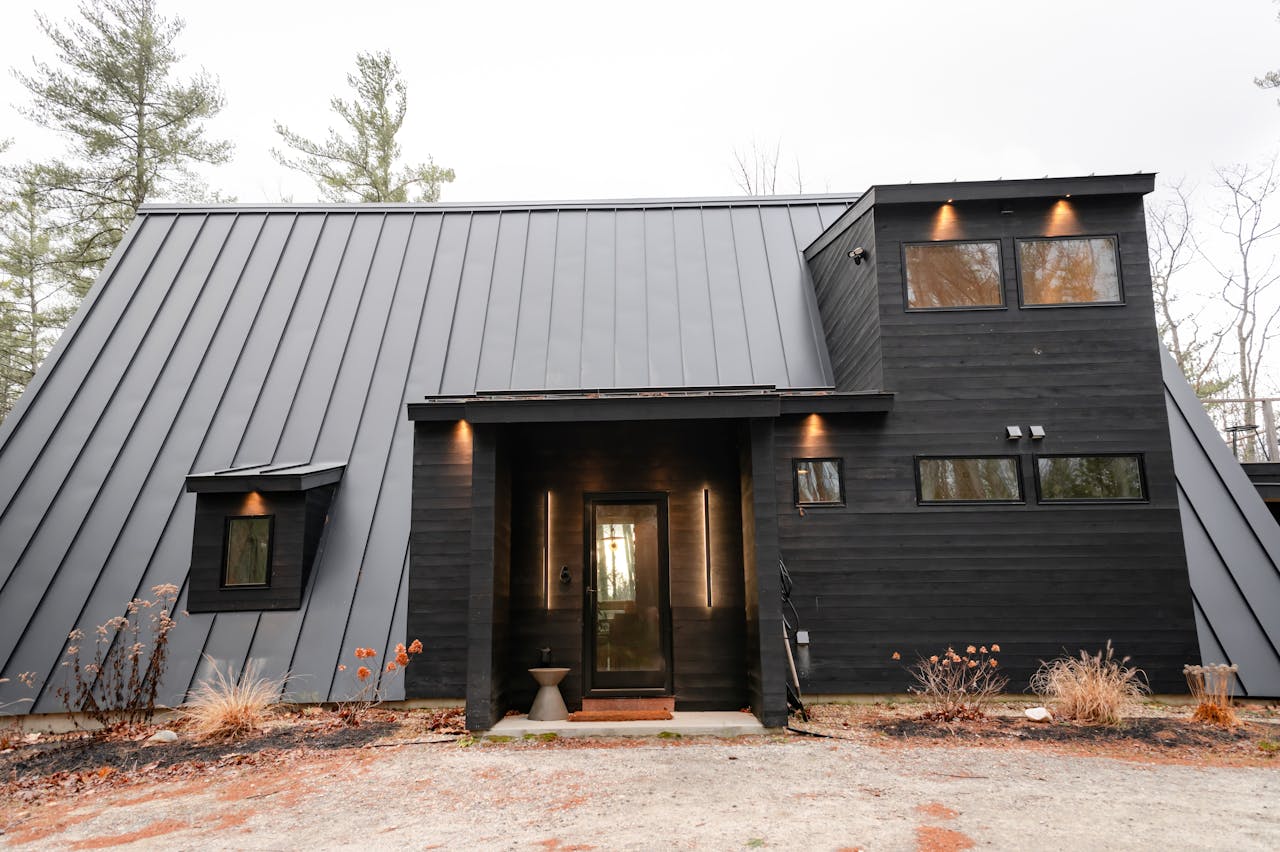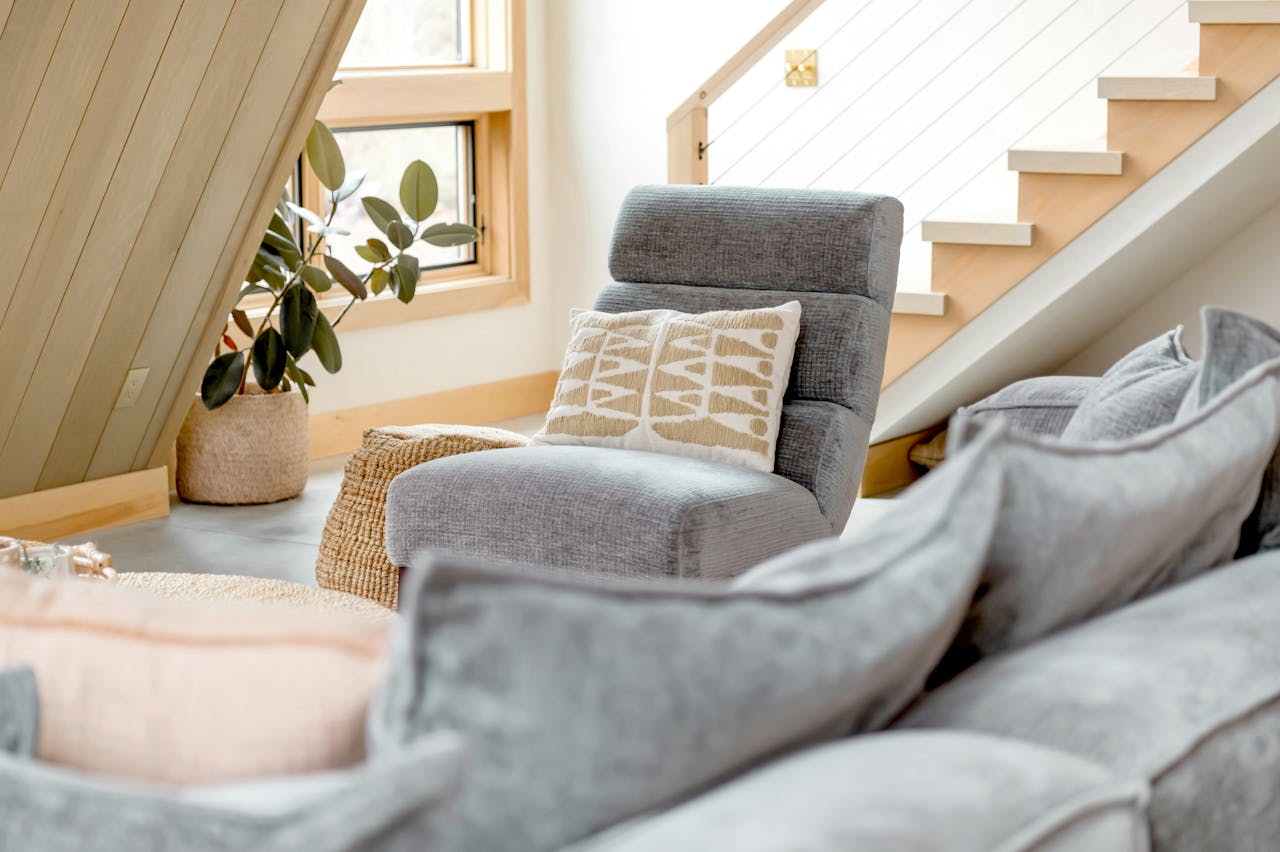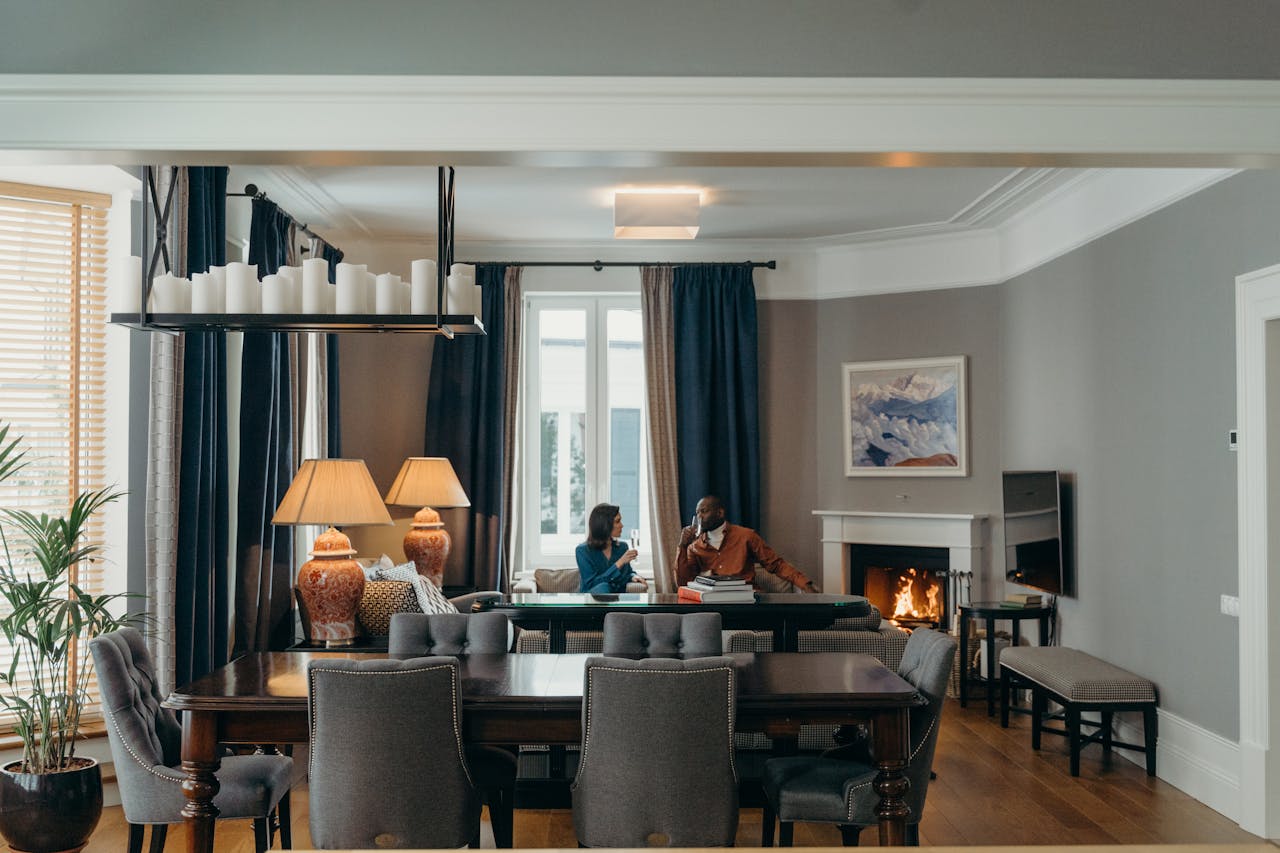Buying a property in Nigeria can be a daunting task, especially for first-time buyers. With the country’s rapidly growing population and urbanization, the demand for housing is on the rise. However, the process of acquiring a property can be complex and fraught with pitfalls. In this blog post, we will outline the key factors to consider before buying a property in Nigeria.
I. Location, Location, Location
The location of your property is crucial. Consider the following factors:
- Proximity to amenities: Look for properties near schools, hospitals, markets, and transportation hubs.
- Safety and security: Ensure the area is secure and has a low crime rate.
- Environmental factors: Avoid areas prone to flooding or other environmental hazards.
- Accessibility: Consider the road network and accessibility to the property.
II. Property Type and Size
Determine the type of property that suits your needs:
- Apartment, house, or land: Choose a property type that fits your budget and lifestyle.
- Size and layout: Ensure the property has enough space for your family and meets your needs.
III. Legal Documentation
Verify the property’s legal documents:
- Certificate of Occupancy (C of O): Ensure the seller has a valid C of O.
- Deed of Assignment: Verify the deed is genuine and properly executed.
- Survey plan: Ensure the survey plan is up-to-date and accurate.
IV. Financing Options
Explore financing options:
- Cash payment: Paying cash upfront can simplify the process.
- Mortgage: Research and compare mortgage options from various banks and financial institutions.
- Developer financing: Some developers offer financing options for their properties.
V. Inspections and Due Diligence
Conduct thorough inspections and due diligence:
- Physical inspection: Inspect the property for any defects or damage.
- Background checks: Research the seller’s and developer’s reputation.
- Neighborhood review: Talk to neighbors and review the area’s reputation.
VI. Additional Costs
Factor in additional costs:
- Agency fees: Payable to real estate agents or property consultants.
- Legal fees: Payable to lawyers for document review and verification.
- Registration fees: Payable to the government for property registration.
- Maintenance and renovation costs: Budget for ongoing maintenance and potential renovation costs.
VII. Seek Professional Advice
Consult with professionals:
- Real estate agents: Work with reputable agents who know the local market.
- Lawyers: Engage a lawyer to review documents and ensure a smooth transaction.
- Surveyors: Hire a surveyor to verify the property’s boundaries and dimensions.
Conclusion
Buying a property in Nigeria requires careful consideration and planning. By following these guidelines, you can ensure a smooth and successful transaction. Remember to prioritize location, legal documentation, financing options, inspections, and additional costs. Seek professional advice and stay vigilant throughout the process. Happy property hunting!


